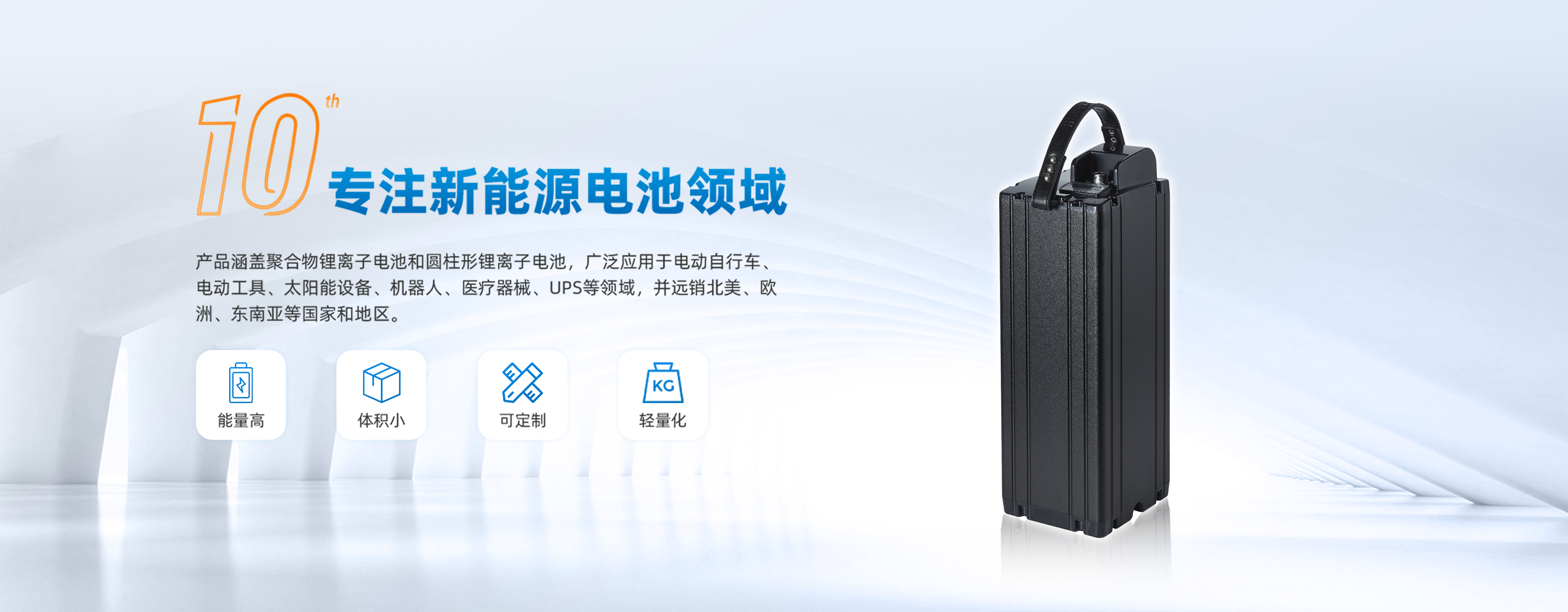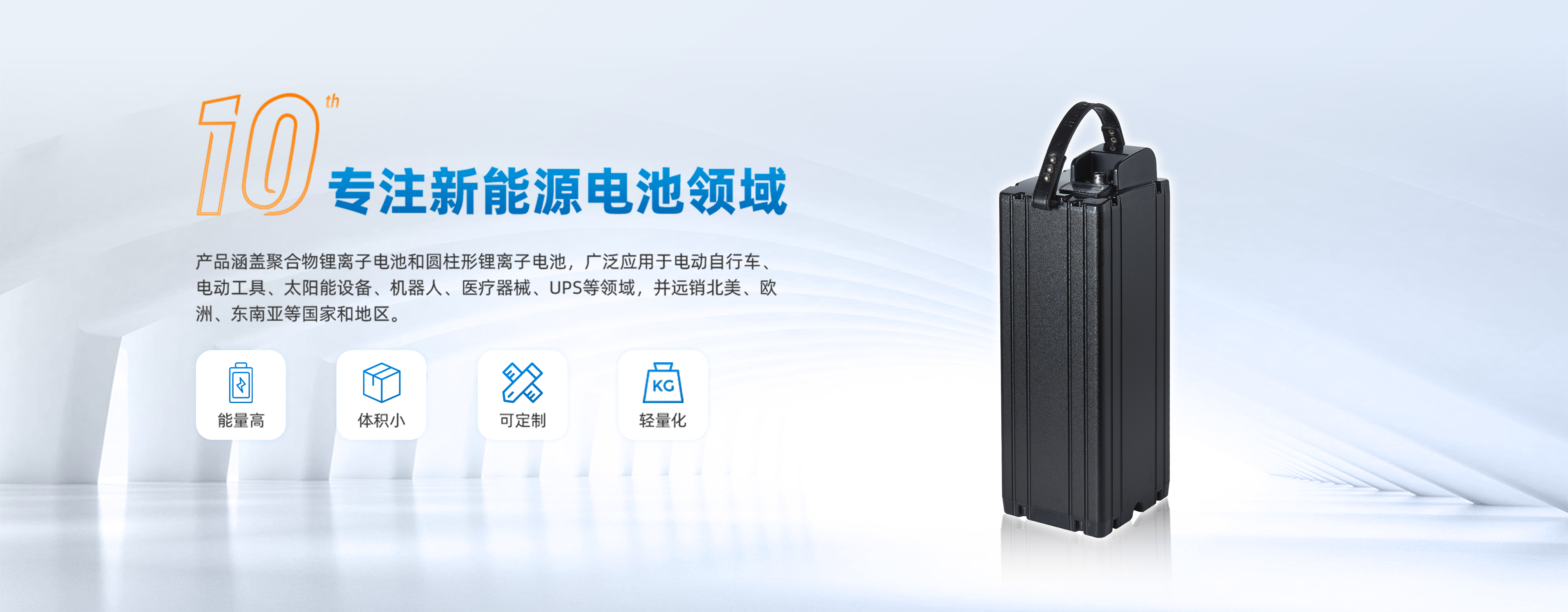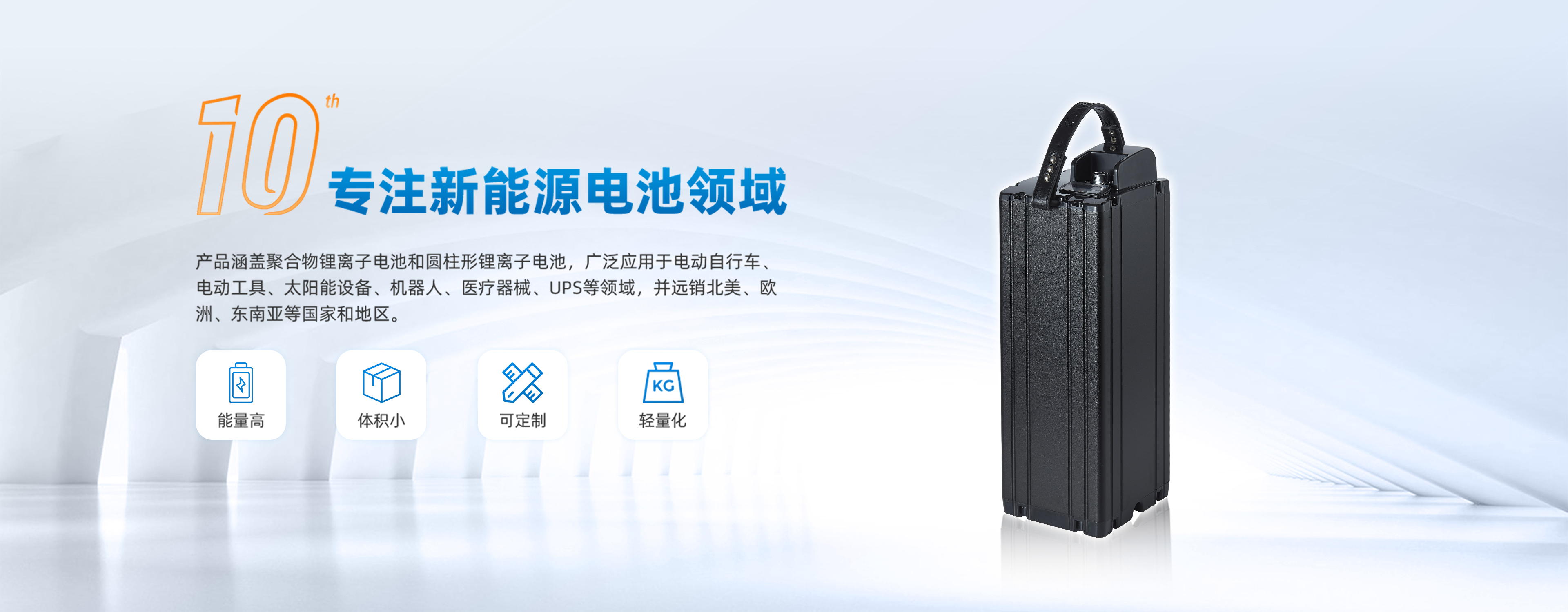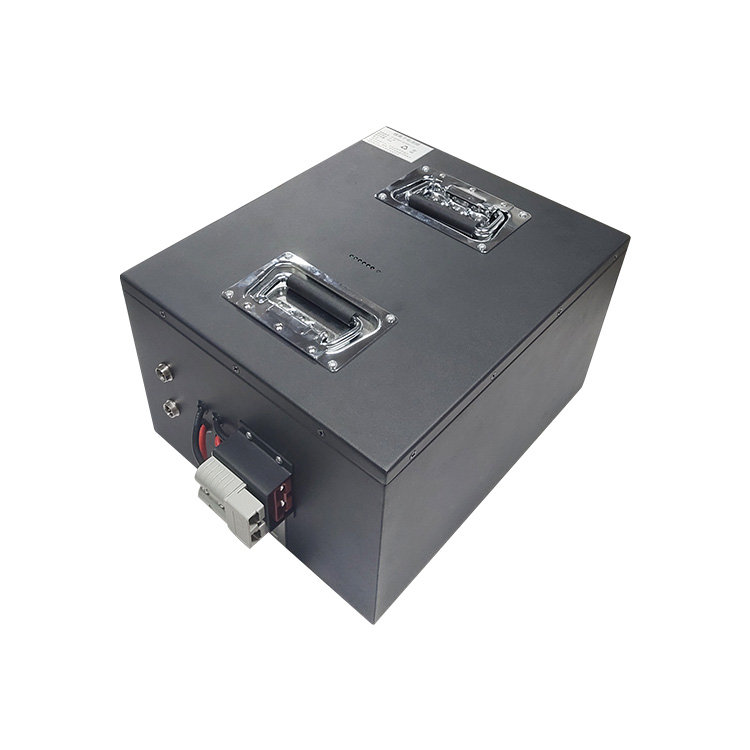Lithium Battery UL Certification Standard Details
With the popularization of electric vehicles, mobile devices and energy storage systems, lithium batteries, as a high-performance and lightweight battery technology, have been widely used. In order to ensure the safety and performance stability of lithium battery products, UL certification standard has become one of the important certification standards in the industry. This article will deeply discuss the content and requirements of UL certification standard for lithium batteries.
UL Certification Overview
UL(Underwriters Laboratories) is an American Underwriters Laboratory and the world's largest independent safety science company, dedicated to the formulation of safety standards and product certification. UL certification is a kind of product safety certification, which aims to ensure that products meet relevant safety standards and requirements to ensure the safety of users and the environment. For lithium battery products, UL certification can prove that the products meet relevant safety standards and regulations.
Lithium battery UL certification standard content
the UL certification standard for lithium batteries mainly includes the following contents:
-
battery structure and design requirements: make regulations on the structural design, material selection, safety protection device and other aspects of lithium battery to ensure the structural stability and safety of the product.
-
Battery Performance requirements: including the test requirements of battery capacity, cycle life, charge and discharge performance, temperature characteristics, etc., to ensure stable and reliable product performance.
-
Security requirements: test and evaluate the safety protection functions such as overcharge and overdischarge, short circuit, and high temperature of the battery to ensure the safety performance of the product in various extreme situations.
-
Environmental requirements: Test the environmental adaptability of the product considering the usage of the battery under different environmental conditions, such as temperature, humidity, pressure, etc.
-
Logo and identification requirements: it is stipulated that products must be marked with UL certification marks so that consumers and regulators can identify certified products.
UL certification process
the following procedures are required for UL certification of lithium batteries:
-
application phase: enterprises apply for certification from UL institutions and submit product materials and samples.
-
Test Evaluation: UL organizations conduct comprehensive testing and evaluation of products, including structure, performance, safety, etc.
-
Audit and certification: UL organizations decide whether to issue certification certificates according to test results and standard requirements.
-
Supervision and Inspection: UL institutions may conduct regular supervision and inspection on certified products to ensure product continuityMeet the standard requirements.
The importance of UL certification
the importance of lithium battery UL certification is mainly reflected in the following aspects:
-
product Security: UL certification is an important guarantee for product safety, ensuring the safety performance of products under normal use and abnormal conditions.
-
Market Competitiveness: UL certification can enhance the market competitiveness of products, increase consumer trust and expand product sales channels.
-
Regulatory compliance: UL certification is an important means to comply with relevant regulations and standards to avoid legal sanctions due to product safety issues.
-
Technological innovation: the UL certification standard is constantly updated, prompting enterprises to strengthen product research and development and technological innovation, and improve product quality and performance level.
Lithium battery UL certification standard as an important certification standard to ensure the safety and performance stability of lithium battery products, quasi is of great significance to enterprises and consumers. By following UL certification standards, enterprises can improve product quality and market competitiveness, and consumers can obtain safer and more reliable product guarantee.
 Dongguan Juneng New Energy Technology Co., Ltd.
Dongguan Juneng New Energy Technology Co., Ltd.
 137 5142 6524(Miss Gao)
137 5142 6524(Miss Gao)
 susiegao@power-ing.com
susiegao@power-ing.com
 Xinghuiyuan High tech Industrial Park, Dalang Town, Dongguan City, Guangdong Province
Xinghuiyuan High tech Industrial Park, Dalang Town, Dongguan City, Guangdong Province













 Yue Gong Wang An Bei No. 4419002007491
Yue Gong Wang An Bei No. 4419002007491